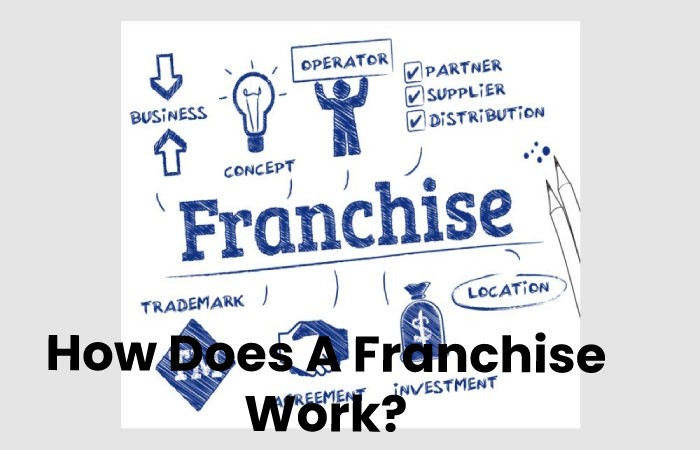What is a Franchise
This successful business model managed to expand throughout the world, still having room to grow. Learn more about its history and operation.
The franchise consists of a business model in which a natural or legal person grants the right to a third party to use its brand and work under the same commercial system. Although its origins could go back to the Middle Ages, the franchise, as we know it today, was born in the United States in the second half of the 19th century.
What is a Franchise, Around this time, Isaac Singer, a manufacturer of sewing machines, realized that he did not have enough capital to manufacture his product on a large scale? Faced with this situation, the man decided to grant franchises to several local businesses, which would cover the production costs themselves. As a result, sewing machine sales increased, and Singer made huge profits from the sale of rights.
Almost a century later, the franchise model would remain replicated by various companies around the world. Some famous cases are McDonald’s, KFC, Subway, Dunkin ‘Donuts, and Pizza Hut.
How Does A Franchise Work?
When a franchise agreement remains made, two parties can be distinguished: the franchisor (the company that assigns the rights to market its product) and the franchisee (the investor who acquires the rights). Through this contract, both obligations and rights remain established for both parties.
The franchisor is responsible for receiving payments corresponding to the entry fee and an agreed periodic royalty. In return, it must provide the know-how, patents, supplies, and necessary elements for the operation of the business. It also has the power to control the handling of trademarks and other distinctive signs and demand compliance with the instructions for the company’s operation. And to access the necessary documentation to keep adequate control over the sales and stock of the franchisee.
On the other pointer. The franchisee has the right to receive the technical preparation and training required to manage the company’s operations. Their obligations are to pay the due and royalties. Maintain constant coordination with the franchisor and respect the policies established regarding quality, price, customer service, among others.
Franchises in Peru
In our country, there are more than 470 franchises between national and international. The gastronomic sector brings together most of these, covering 60% of the total brands. In 2016, the franchise market in Peru had a turnover of nearly US $ 1.6 billion. In addition, according to Miguel Ángel Castillo, president of the Franchise Sector of the Lima Chamber of Commerce (CCL). Billing is expected to increase by 20% by 2017

